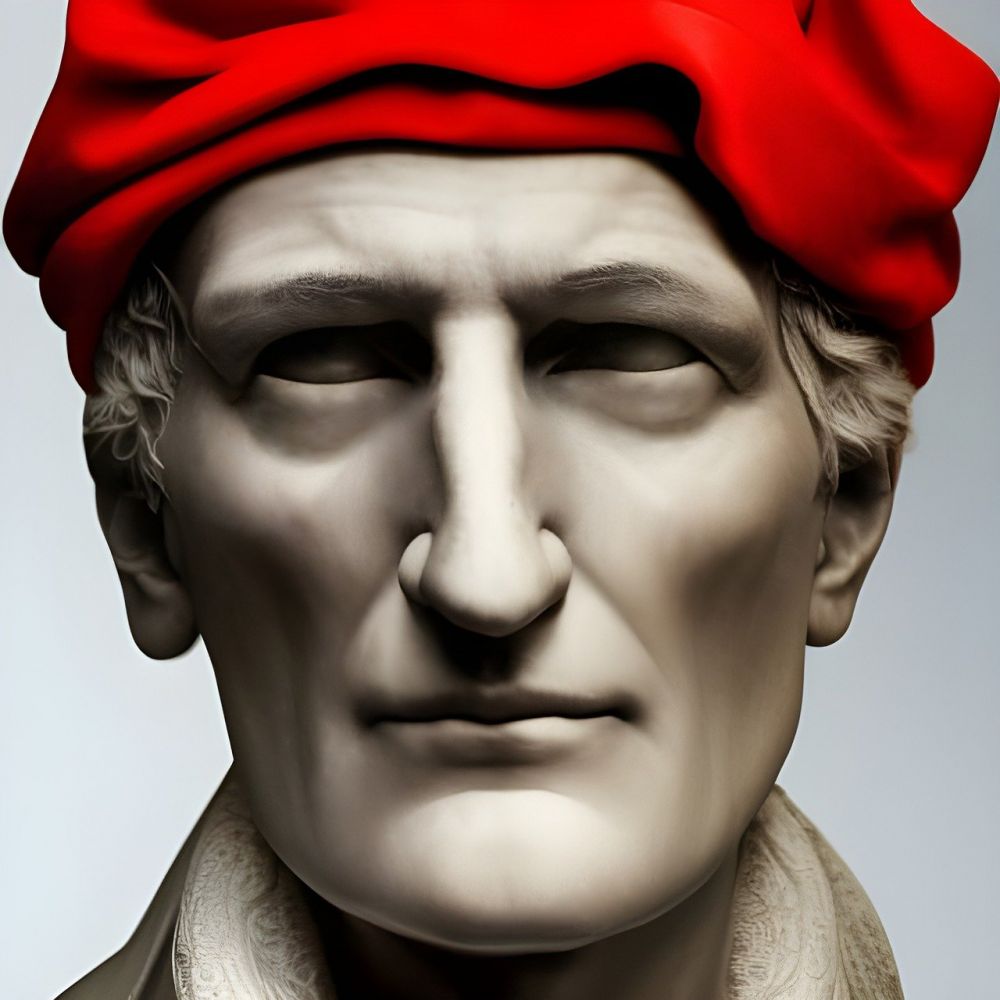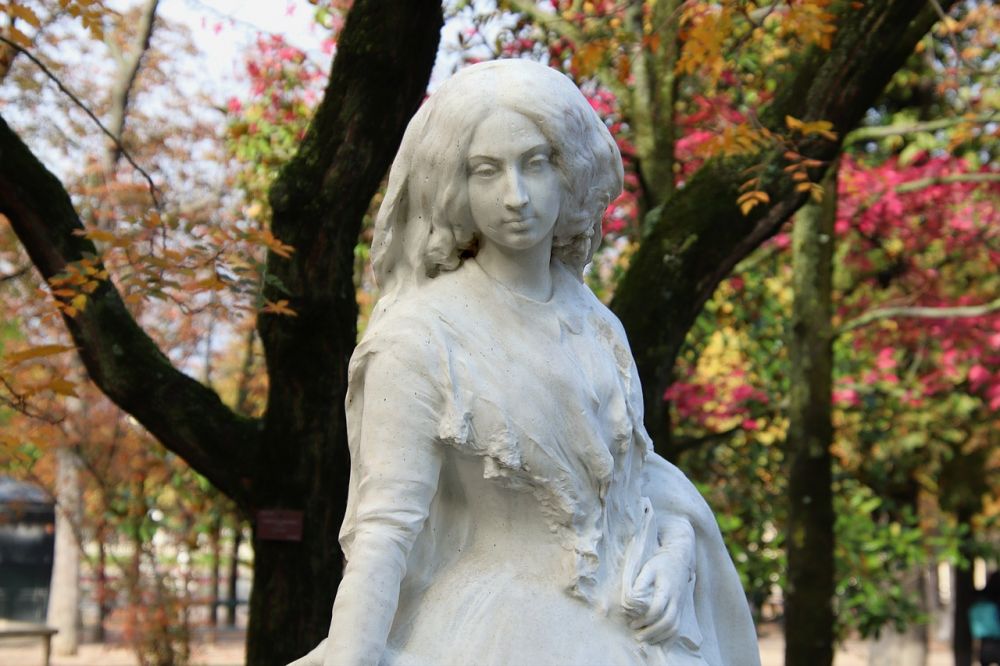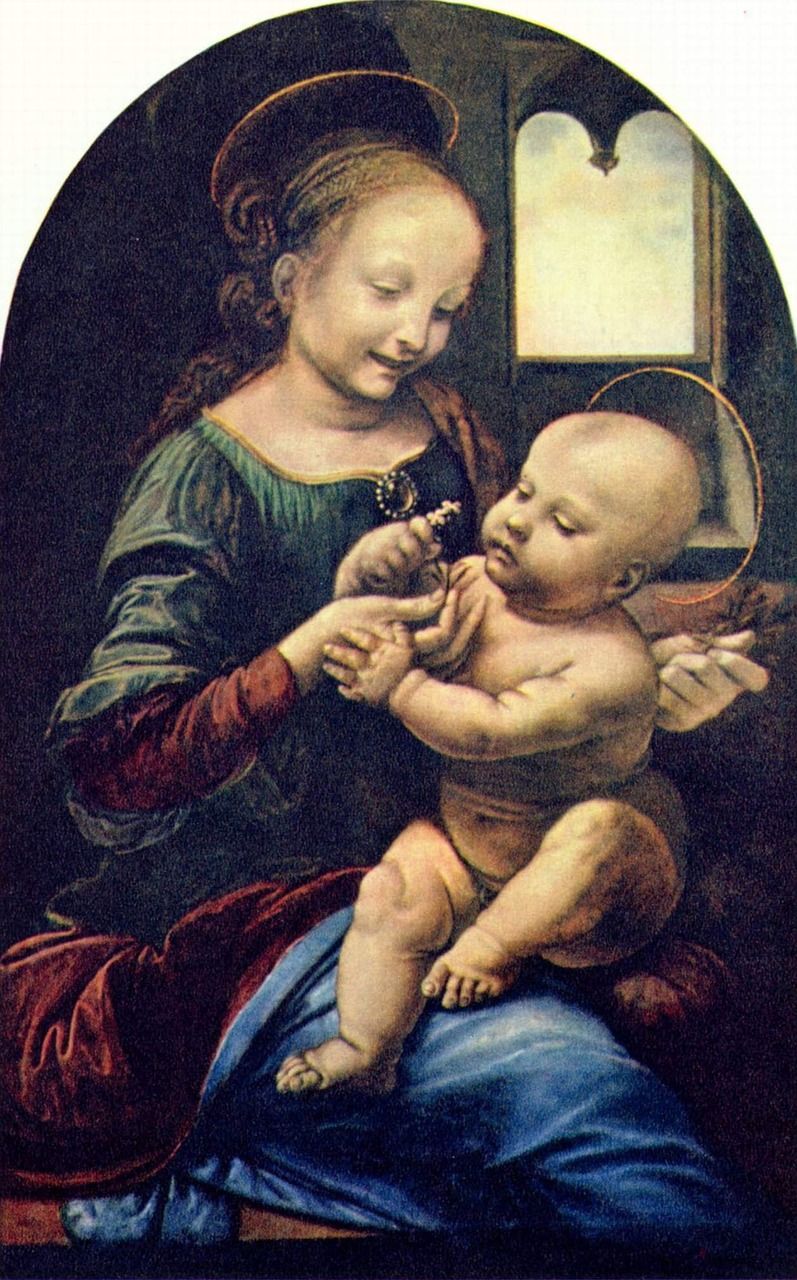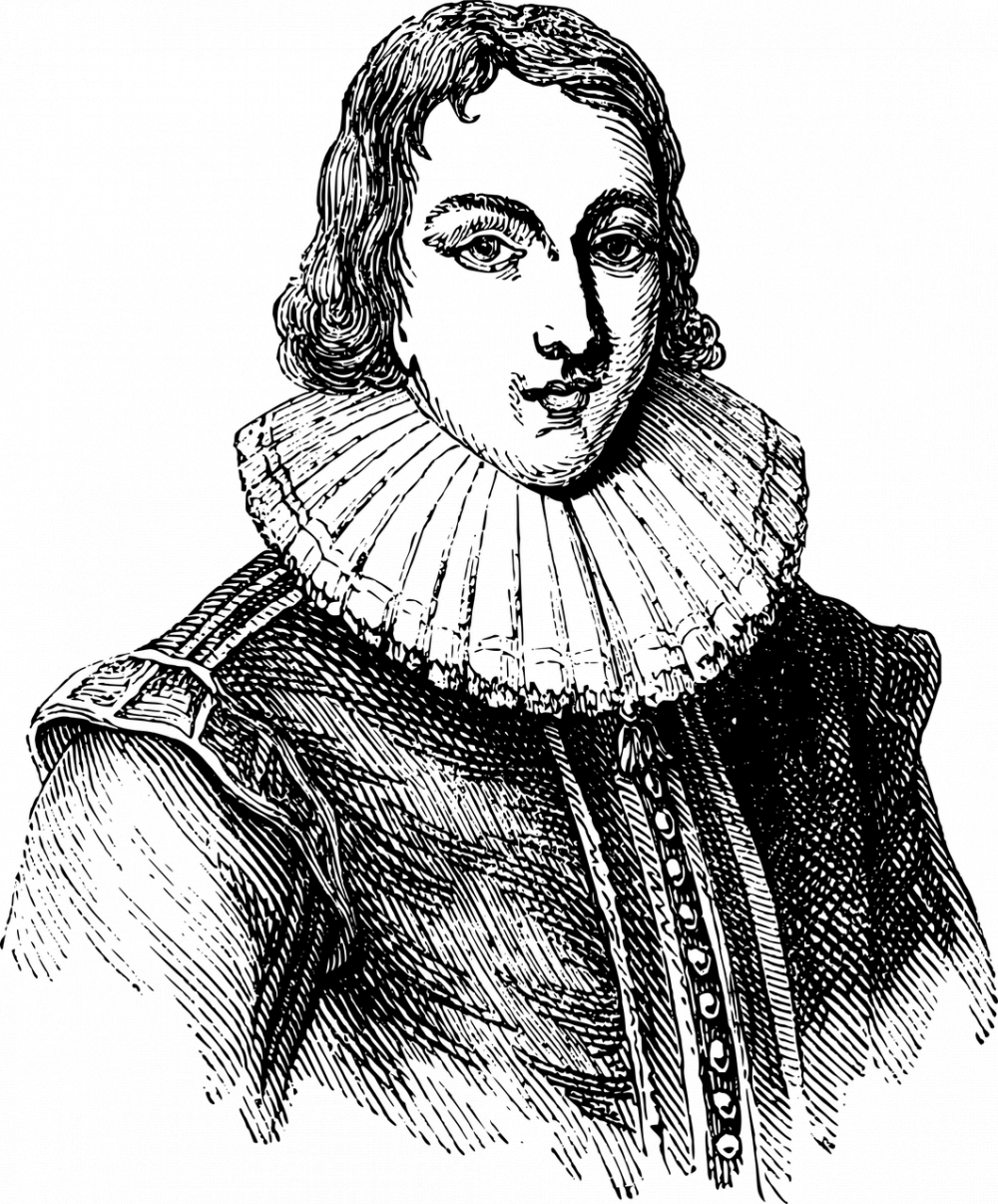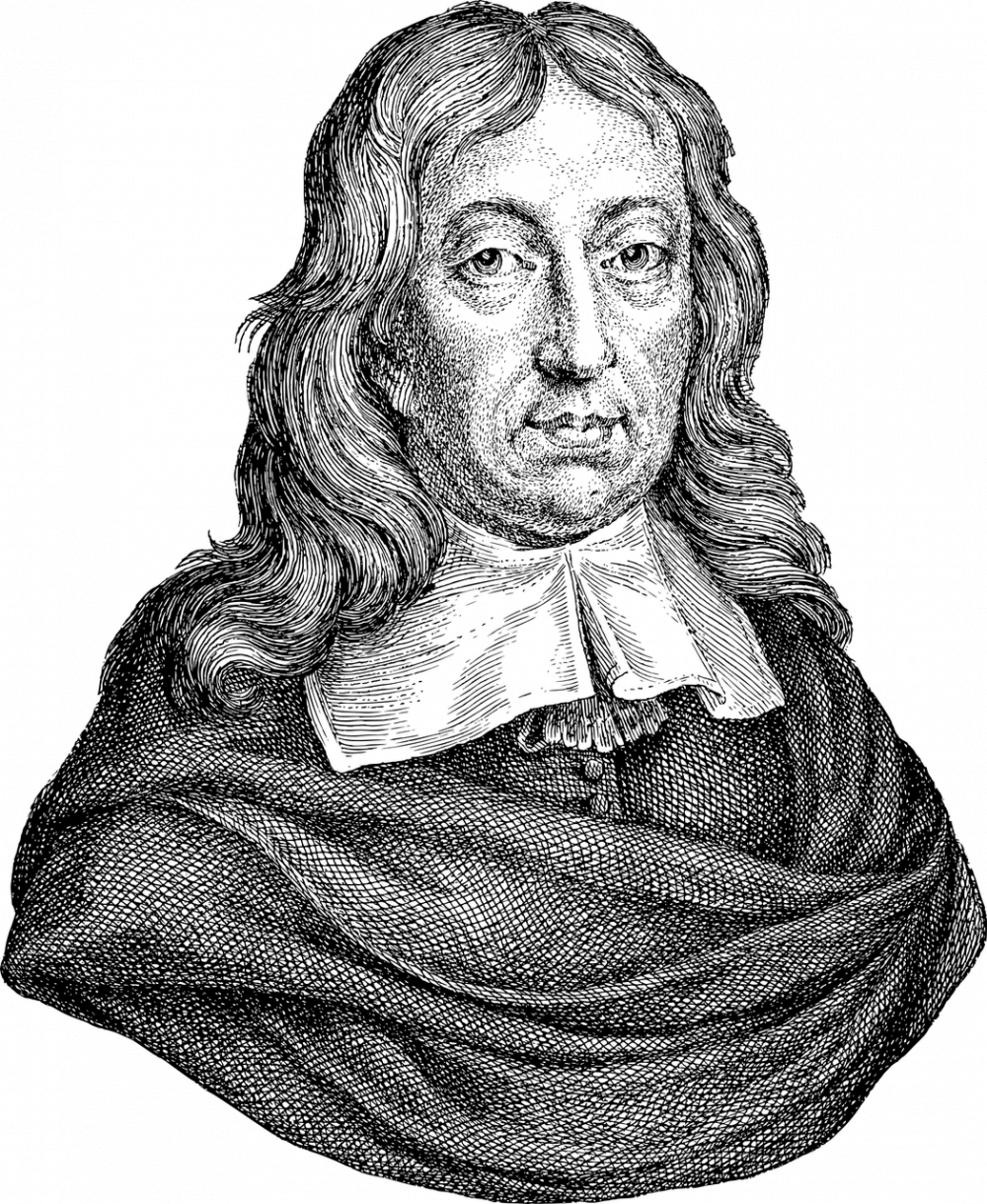Oscar Wilde: The Brilliant Life and Legacy of a Literary Icon
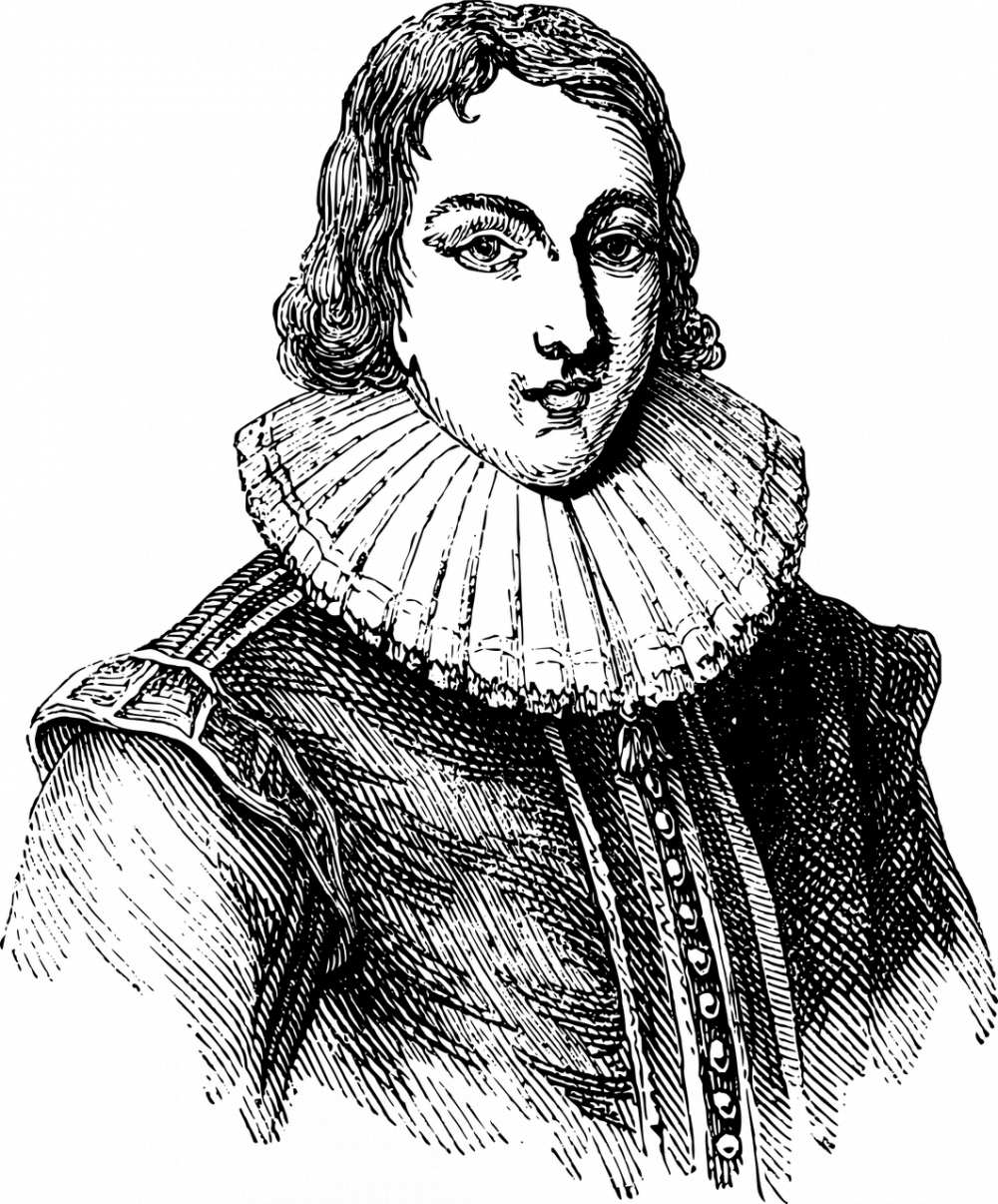
Introduction
Oscar Wilde, a name synonymous with wit, brilliance, and controversy, remains one of the most celebrated playwrights and authors in literary history. Born on October 16, 1854, in Dublin, Ireland, Wilde’s literary prowess and distinctive style continue to captivate art lovers and collectors alike. This article delves into Wilde’s life, his evolution as a writer, and the enduring impact he has made on the world of art and literature.
A Brief Overview of Oscar Wilde
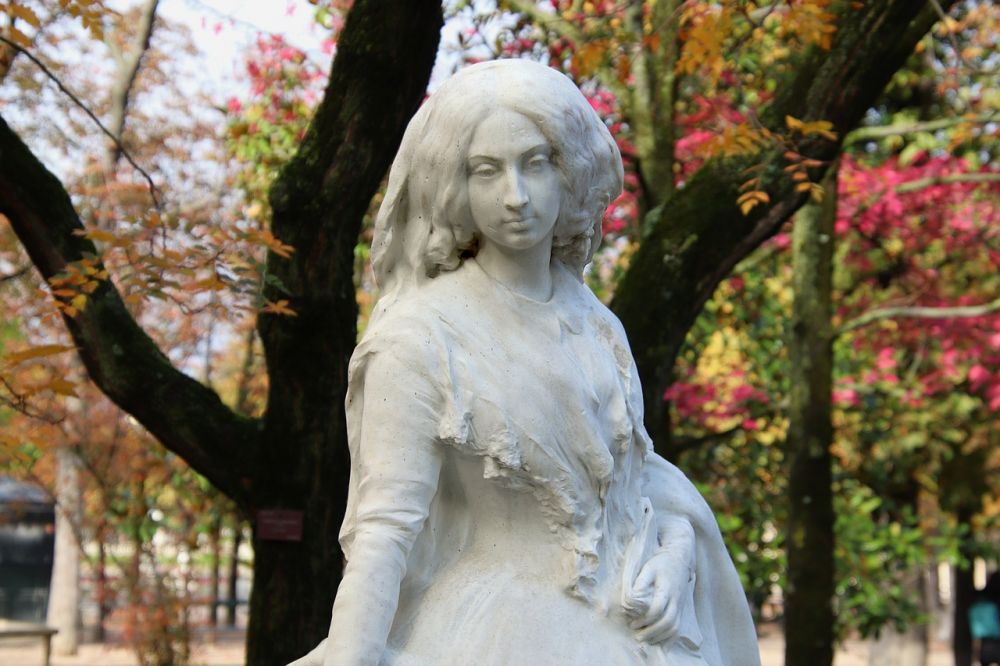
Oscar Wilde was born into a privileged family, with a father who was a renowned surgeon and a mother who was a poet and nationalist. From an early age, Wilde displayed exceptional talent in writing and was known for his linguistic skills and creativity. After completing his education at Trinity College, Dublin and Magdalen College, Oxford, he moved to London, where he immersed himself in the vibrant literary scene.
Wilde’s rise to prominence came with his wit, charm, and theatrical persona. He gained recognition as a socialite and a flamboyant figure, often attracting attention with his unconventional fashion and sharp wit. The publication of his first collection of poems, “Poems” in 1881, was met with critical acclaim, securing his position as a rising literary talent.
The Historical Evolution of Oscar Wilde
Wilde’s career took off in the late 19th century, during the Victorian era, where he became a leading figure in the Aesthetic Movement. His unique writing style blended satire, comedy, and social commentary, earning him widespread recognition and popularity. Wilde’s plays, including “The Importance of Being Earnest” and “An Ideal Husband,” showcased his wit and wisdom, establishing him as a master of comedic and social drama.
However, Wilde’s success was short-lived, as he faced a sudden downfall when his romantic involvement with Lord Alfred Douglas resulted in a highly publicized trial and subsequent conviction for “gross indecency” in 1895. Sentenced to two years of hard labor, Wilde’s reputation was tarnished, and his life took a tragic turn.
Nevertheless, Wilde’s legacy transcended his personal trials and tribulations. His writings influenced subsequent generations of authors and playwrights, and his ideas on art, aesthetics, and the purpose of life continue to resonate today. Wilde’s work offers a profound critique of Victorian society, challenging its norms and exploring themes of identity, love, and societal expectations.
Featured Snippet: Oscar Wilde’s Impact on Art and Literature
– Wilde’s distinctive style, characterized by his razor-sharp wit and satirical social commentary, revolutionized the literary landscape of the late 19th century.
– His plays, such as “The Importance of Being Earnest” and “Lady Windermere’s Fan,” continue to be performed and studied worldwide, showcasing his enduring popularity.
– Wilde’s novel, “The Picture of Dorian Gray,” remains a classic work of literature, exploring themes of hedonism, beauty, and morality.
– He is widely regarded as one of the most influential figures in the Aesthetic Movement, promoting the idea of “art for art’s sake” and valuing the beauty and sublime.
– Wilde’s plays and writings have left an indelible mark on modern literature, with his influence evident in the works of authors such as Tom Stoppard and Neil Gaiman.
Conclusion
Oscar Wilde’s life and work have captivated audiences for over a century. From his early days as a promising poet to his tragic downfall and lasting legacy, Wilde’s brilliance continues to inspire and enlighten. His witty observations on human nature, societal expectations, and the complex nature of art are timeless, making him a revered figure among art lovers and collectors. As we delve into the world of Oscar Wilde, we discover a man whose unrivaled talent and colorful personality continue to leave an indelible imprint on the literary world.
